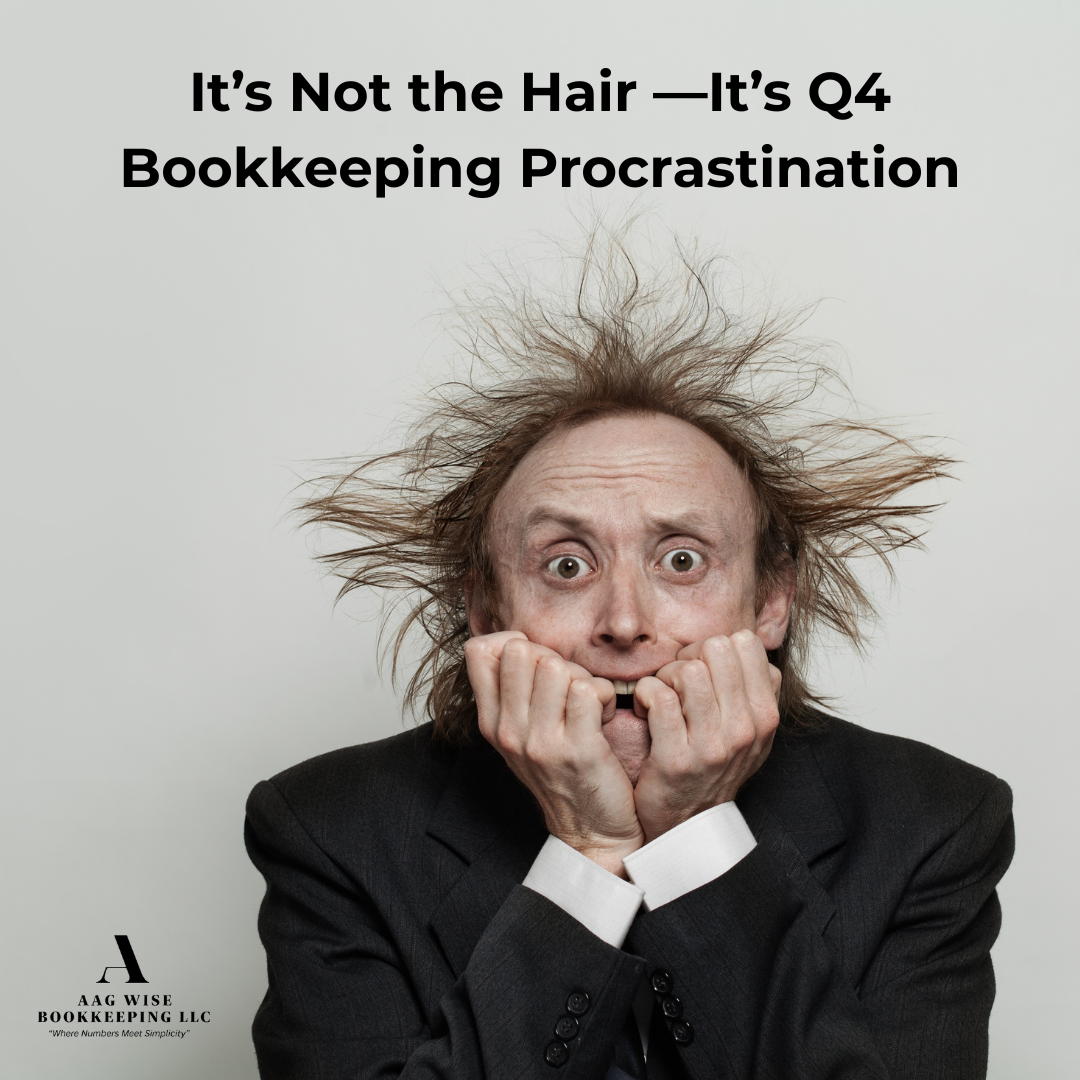Why Every Small Business Owner Should Have a Separate Bank Account for Taxes
Avoid Surprises and Stay in Control of Your Tax Obligations

Why Every Small Business Owner Should Have a Separate Bank Account for Taxes
As a small business owner or independent contractor, managing cash flow can feel like a juggling act. Among the most overlooked—but critical—habits is setting aside money specifically for taxes. One simple way to make this easier (and much less stressful)? Open a separate bank account just for taxes.
Creates Financial Discipline
When tax time rolls around—whether quarterly or annually—the last thing you want is to scramble for money that’s already been spent elsewhere. By transferring a set amount into a tax-only account weekly or monthly, you protect yourself from dipping into funds that don’t truly belong to you.
It’s the business version of “pay yourself last” … because in reality, Uncle Sam gets paid first.
Gives You Peace of Mind
Imagine being able to log into your bank and see exactly how much is set aside for taxes—without mental math, spreadsheets, or guesswork. That’s the power of keeping tax funds in a separate account. You always know where you stand.
Makes Estimated Tax Payments Easy
If you’re required to pay quarterly estimated taxes, this habit is especially important. When you already have the money earmarked and available, making those payments becomes routine instead of stressful.
Encourages Financial Hygiene
Good financial habits tend to build on each other. Just like separating personal and business expenses is non-negotiable, setting up a tax reserve shows you’re serious about your finances. It also makes things smoother if you’re ever audited or need to apply for a business loan.
How Much Should You Set Aside?
A safe starting point: 25–30% of your net income (that’s income after business expenses). This covers federal taxes, self-employment tax, and in many cases, state taxes. Your bookkeeper or CPA can help fine-tune this number.
Pro tip: Set up an automatic transfer from your main account to your tax account every week or two. Automating the process removes the temptation to skip it.
Final Thought
Treating taxes like a non-negotiable bill you “pay” into a separate account ensures you’re never caught off guard. It’s a small habit with massive impact—and your future self (and your bookkeeper) will thank you for it.



